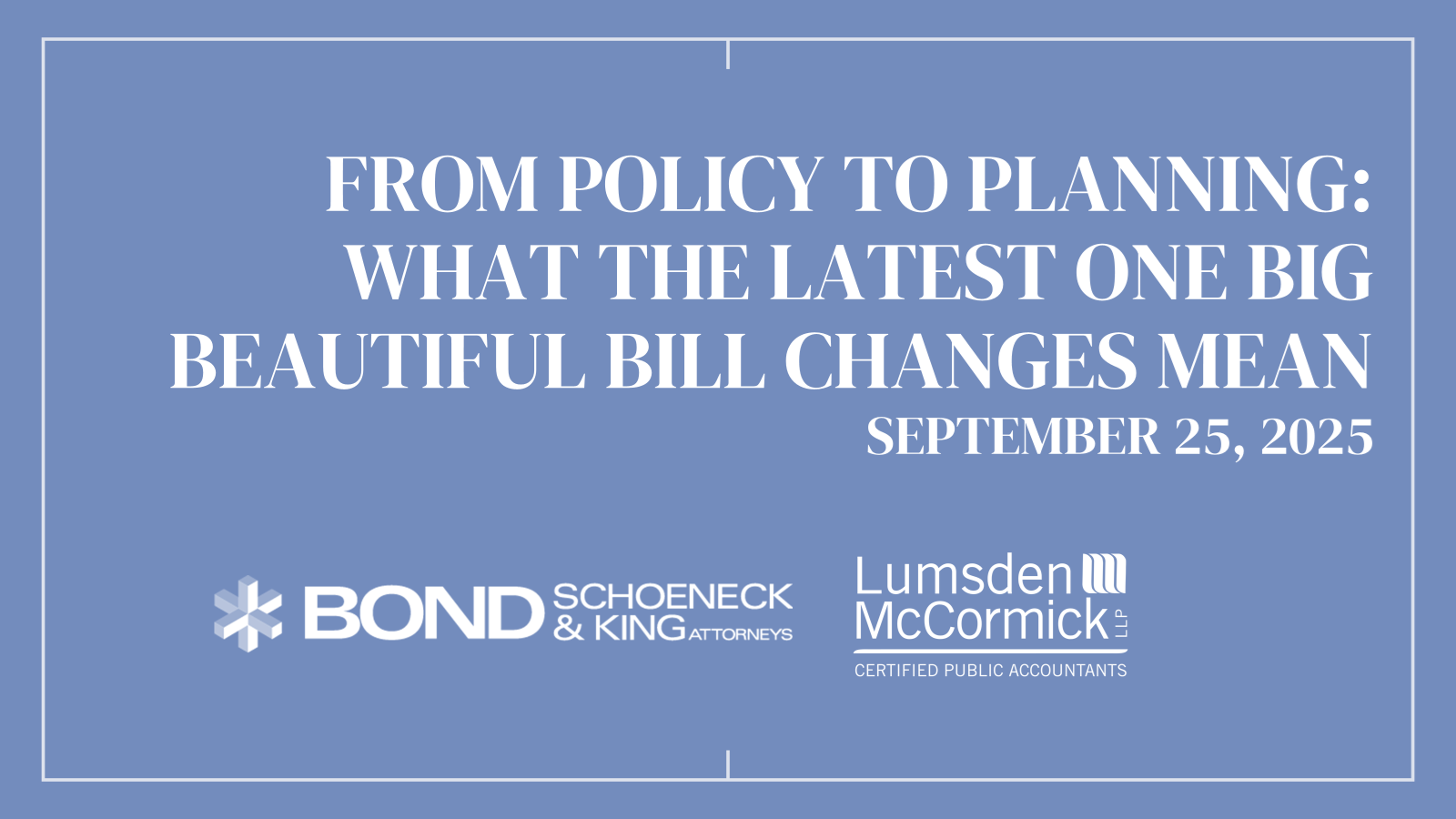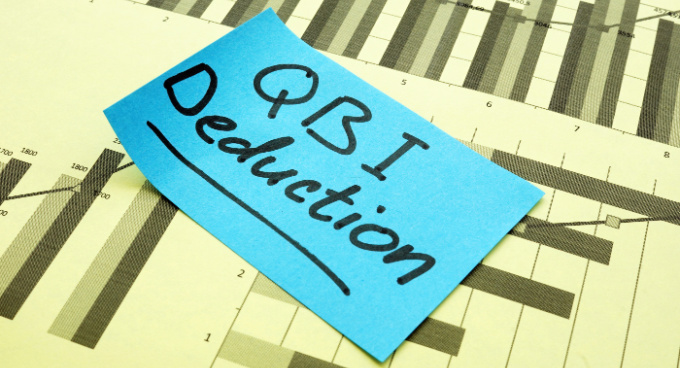Tax Articles
2025–2026 IRS Per Diem Rates Released
Posted by John Anderson on October 06, 2025
The IRS has released the 2025–2026 per diem rates for business travel, effective October 1, 2025. These rates simplify expense reimbursements by providing fixed daily amounts for lodging, meals, and incidentals based on whether the destination is a high-cost or low-cost area. Switching to the per diem method can save time, reduce paperwork, and ensure compliance for your business.
Don’t Let Beneficiary Designations Derail Your Estate Plan
Posted by D’Marie Kleeman on October 02, 2025
Beneficiary designations can override your will or trust, potentially disrupting your estate plan and causing unintended consequences. By naming both primary and contingent beneficiaries, updating them as life changes, and considering government benefit implications, you can ensure your assets are distributed according to your wishes and avoid unnecessary legal or financial complications.
Tax Consequences of Guaranteeing a Corporate Loan
Posted by Angela Miles on September 29, 2025
Thinking about guaranteeing a loan for your closely held corporation? Learn the tax implications, including business vs. nonbusiness bad debt deductions, and how to minimize risk.
Panel Discussion Recap: From Policy to Planning: What the Latest One Big Beautiful Bill Changes Mean
Posted by Robert Ingrasci on September 26, 2025
OBBB panel discussion held on September 25, 2025, with experts from Lumsden McCormick and Bond, Schoeneck & King.
The Purpose of an Irrevocable Life Insurance Trust
Posted by Cheryl A. Jankowski on September 25, 2025
An Irrevocable Life Insurance Trust (ILIT) can help keep life insurance proceeds out of your taxable estate, reducing potential estate tax liability. By transferring ownership of a policy to an ILIT or having the trust purchase a new policy, you ensure the death benefit passes tax-free to beneficiaries. While ILITs offer significant advantages for high-net-worth individuals, they come with complexities such as gift tax considerations and loss of control, making professional guidance essential.
An Estate Planning Strategy for Intrafamily Loans
Posted by Robert Ingrasci on September 18, 2025
Intrafamily loans can be a flexible way to transfer wealth, support major purchases, and preserve family assets while offering tax advantages—when structured correctly. To avoid IRS reclassification as a gift, these loans must follow strict formalities, including charging interest at the applicable federal rate and documenting repayment terms. While financially beneficial, they carry emotional risks, so careful planning and professional guidance are essential.
IRS Guidance for Cash Receipts of $10,000 or More
Posted by Hannah Borden on September 15, 2025
Businesses that accept large cash payments have strict IRS reporting obligations. Transactions over $10,000 must be reported using Form 8300, and failure to comply can lead to steep penalties. Understanding what counts as cash, electronic filing rules, and proper recordkeeping is essential to stay compliant and avoid costly mistakes.
Quiet Trusts vs. Incentive Trusts: Which Is Right for Your Estate Plan?
Posted by D’Marie Kleeman on September 11, 2025
A quiet trust, also known as a silent trust, is an estate planning tool that keeps beneficiaries unaware of the trust’s existence until a specified age or milestone. While it can preserve motivation and protect heirs from external pressures, it may also lead to missed opportunities or resentment. For some families, an incentive trust, which rewards responsible behavior may offer a more balanced approach.
QBI Deduction Made Permanent
Posted by Brian Kern on September 09, 2025
The One Big Beautiful Bill makes the Section 199A qualified business income (QBI) deduction permanent and expands income phase-in ranges starting in 2026, allowing many service-oriented businesses to claim larger deductions. It also introduces a minimum QBI deduction for eligible taxpayers and adjusts thresholds for inflation. Strategic planning, such as managing taxable income and increasing W-2 wages, can help maximize these benefits.
Tax Strategies for Spouse Owned Businesses
Posted by John Anderson on September 08, 2025
Owning a business with your spouse can be rewarding, but it also brings unique tax challenges that can impact your bottom line. From self-employment tax surprises to IRS partnership rules, understanding your options like electing joint venture status, forming an S corporation, or restructuring roles can help you minimize taxes and simplify compliance.











